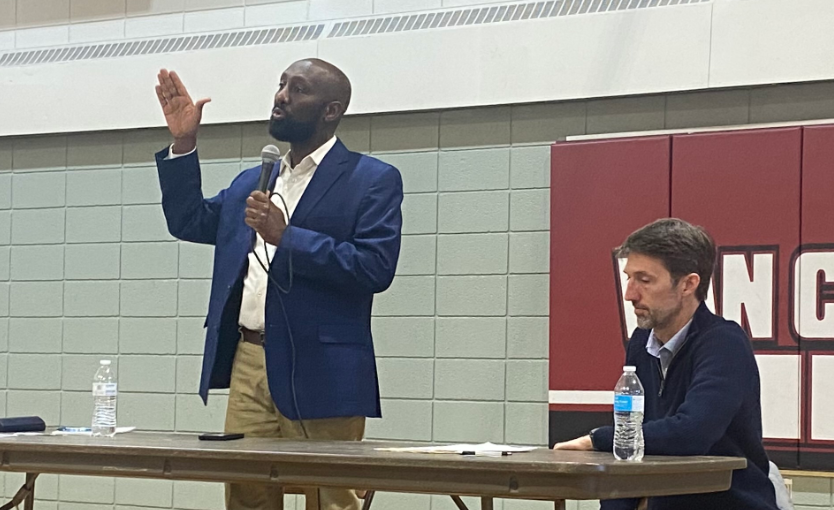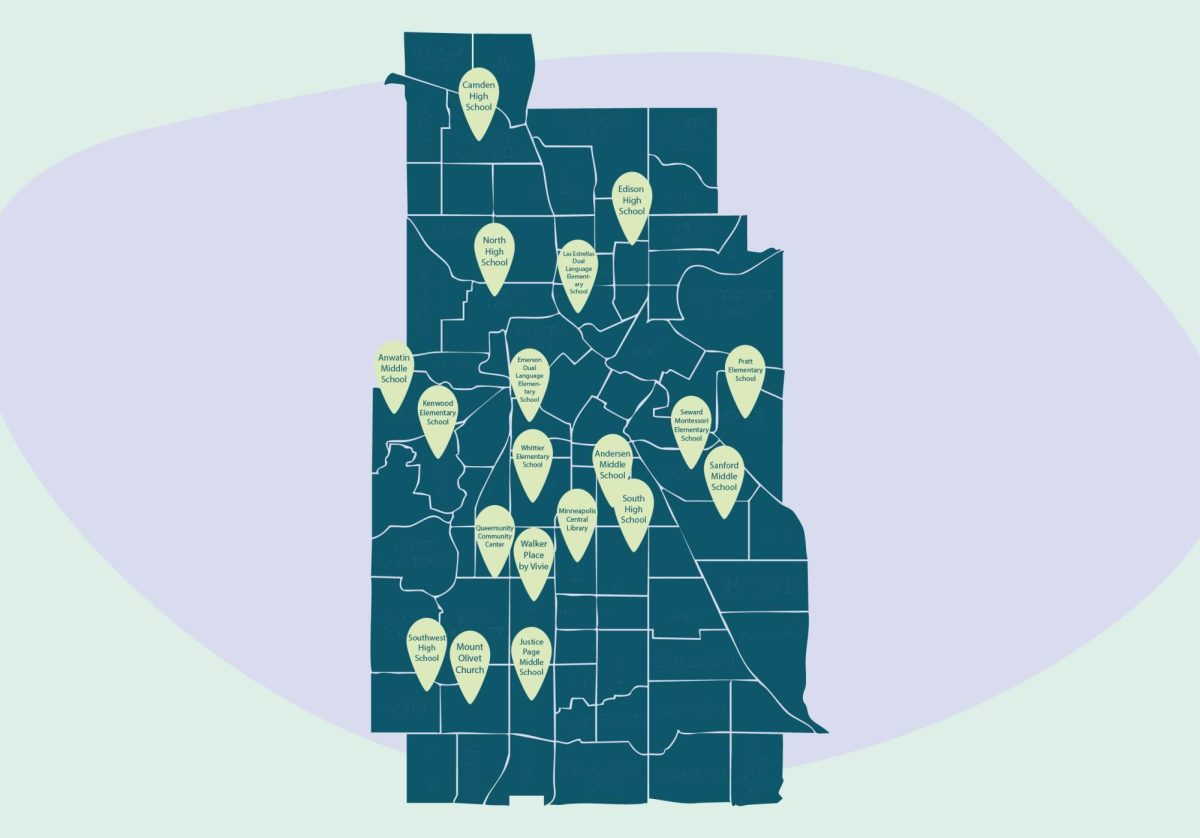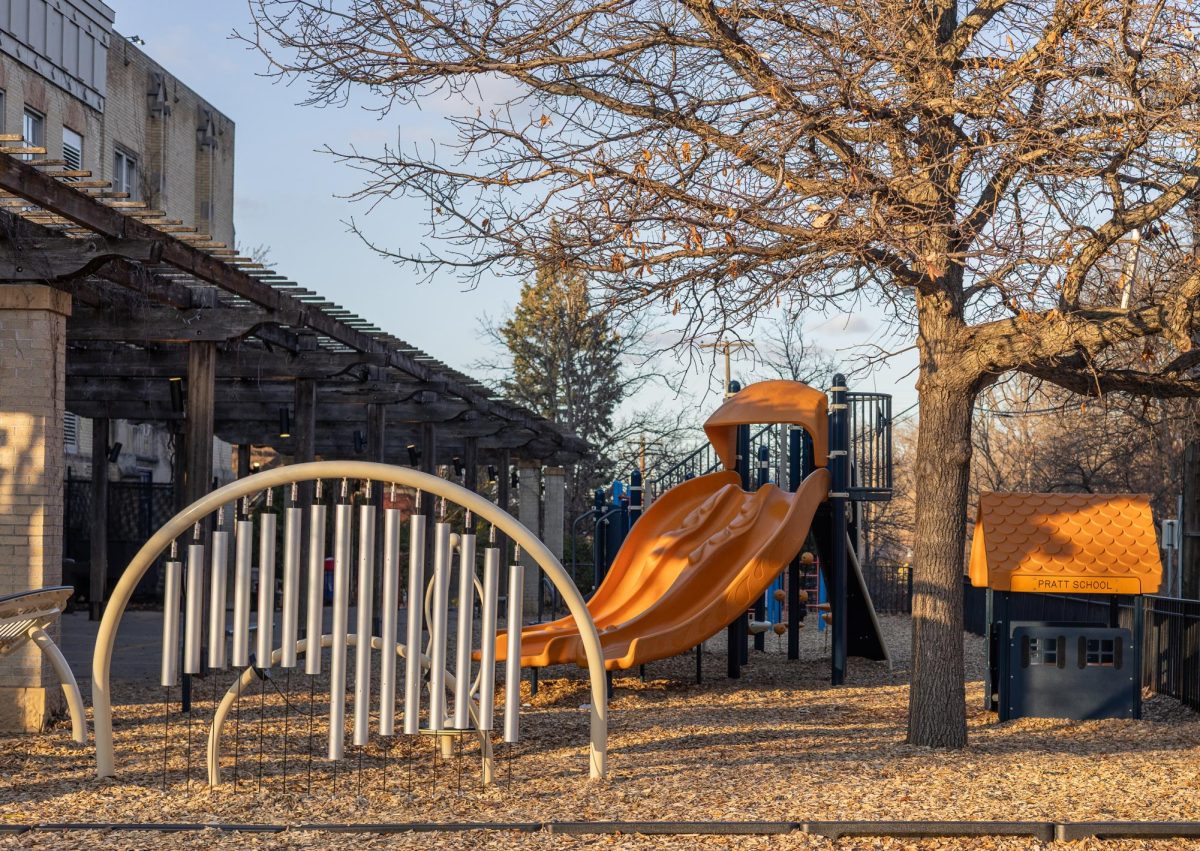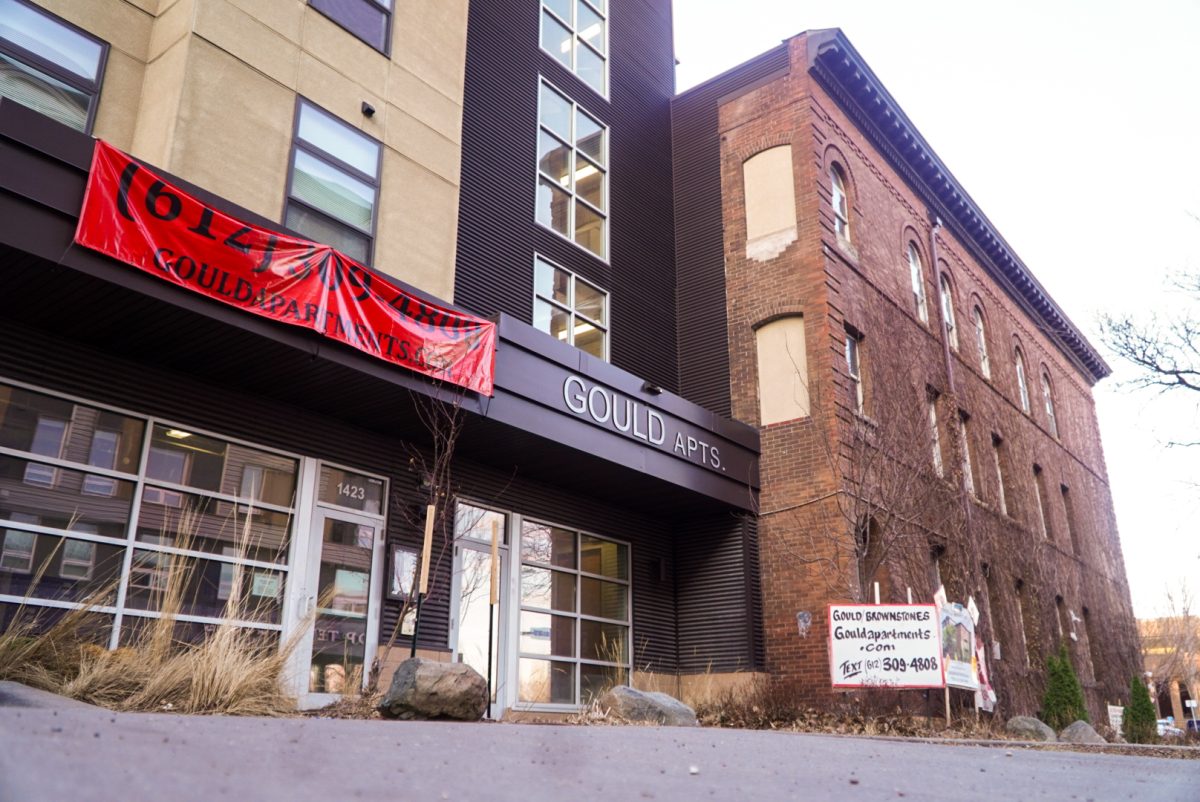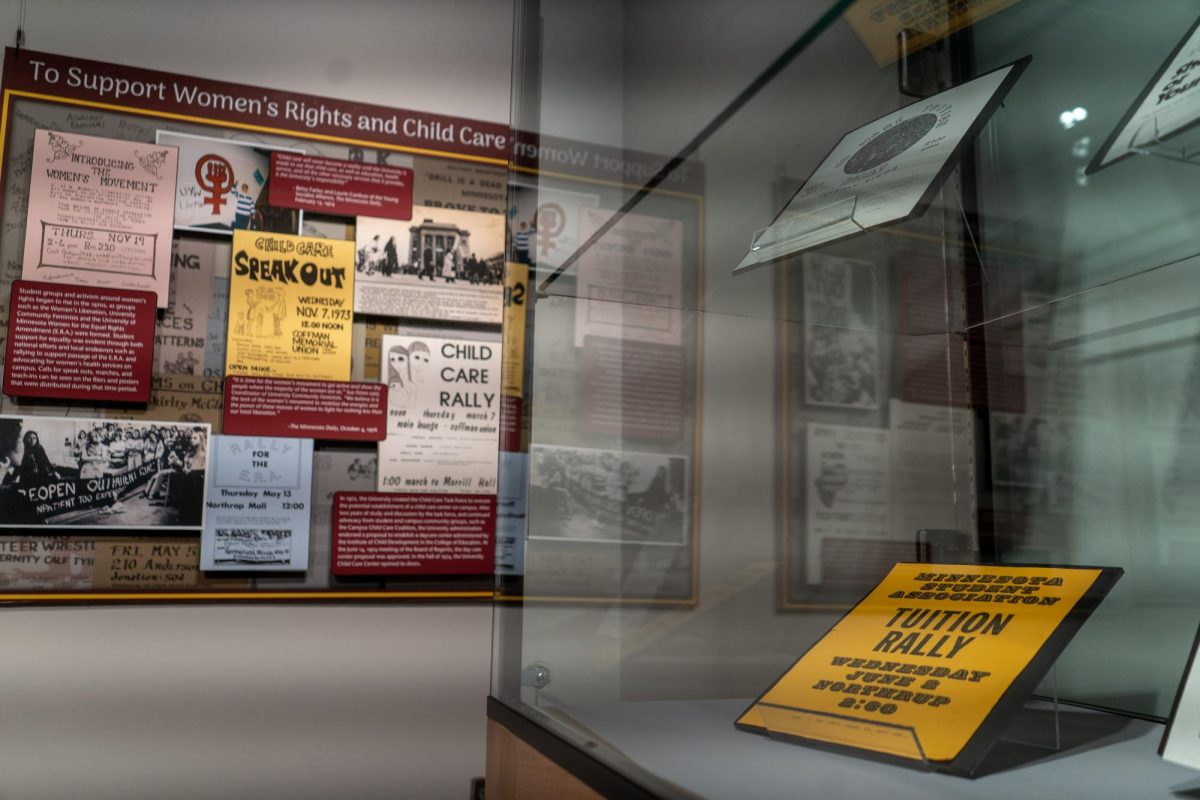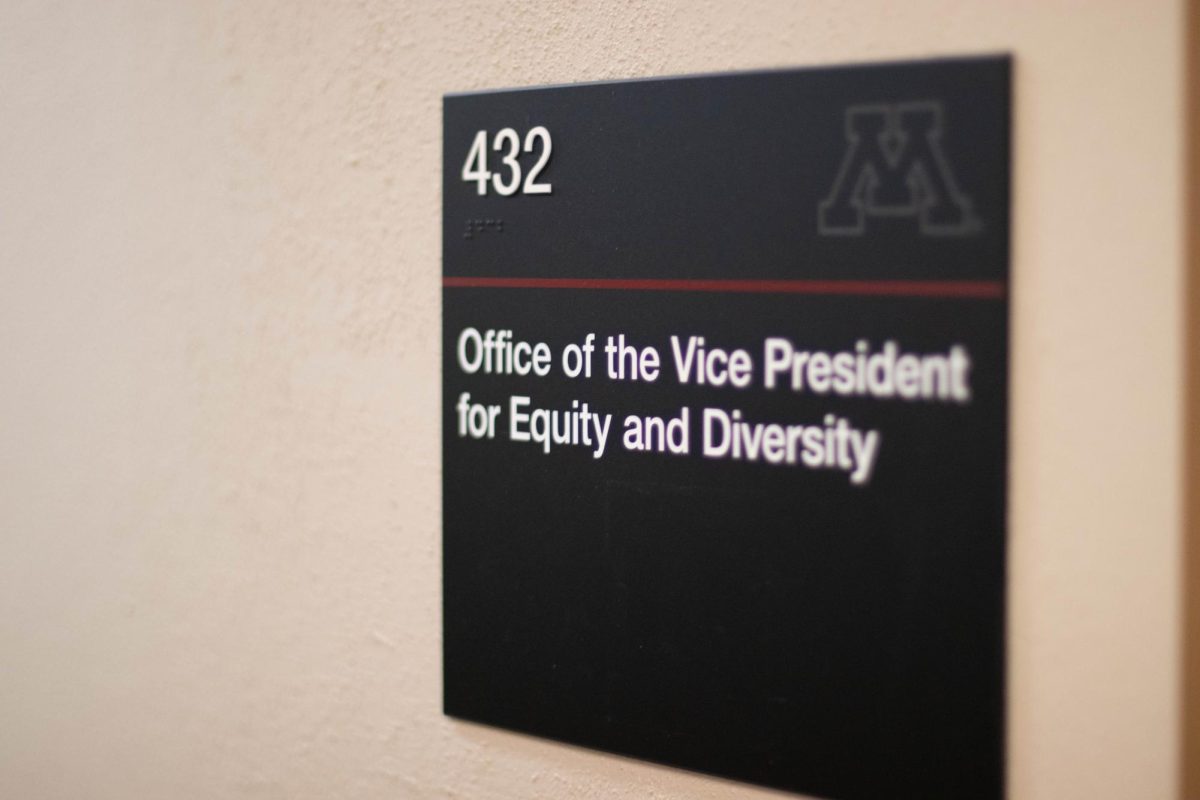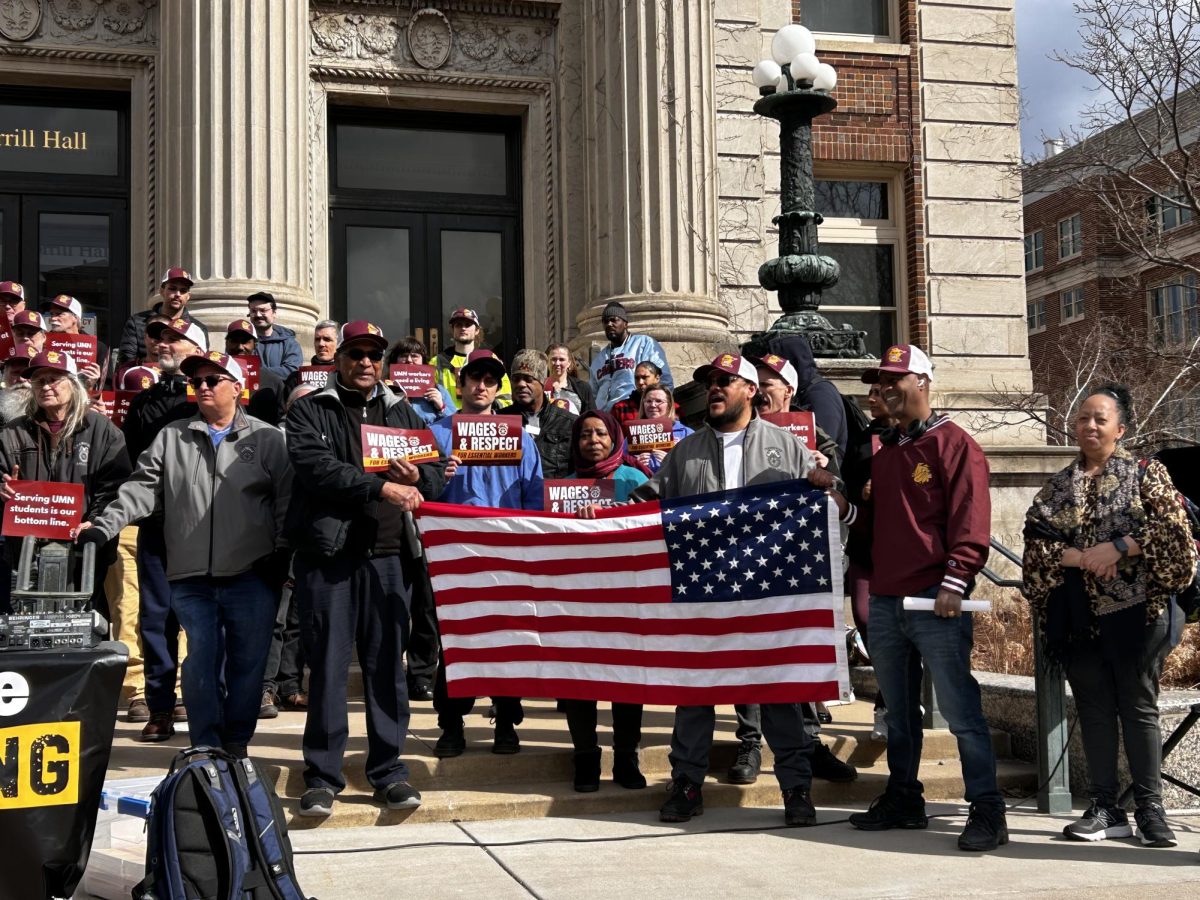Americans’ trust in the federal government has been decreasing for decades, with only one-fifth of Americans reporting they trusted the federal government in 2020, according to the Pew Research Center.
A University of Minnesota student researched the causes behind Americans’ decreasing trust in the decisions made by elected officials. This research concluded trust relates to congressional representation of class, race and gender in most cases, suggesting people’s trust in the government will increase when more elected representatives come from a working-class background.
Ashely Sorensen, the fourth-year political science doctoral student who led the research, saw this increase in trust among both working-class and non-working-class American citizens, and among citizens of different races and genders.
Past research shows an increased number of elected officials that share the same race or gender as their constituents is not enough to foster increased trust in them and their actions, according to Sorensen.
“We know that there’s an issue that Americans don’t trust their government [and] that there’s inequality, so one of the questions I had is what can we do about it,” Sorensen said. “I hope that this type of research can move to other places as well … because I’m sure it’s not exclusive to the U.S.”
One way to increase trust is for people to feel more included in the government by electing representatives that share their identities, according to Sorensen’s research.
“If you have a candidate who is representing communities that have been underrepresented or haven’t gotten good representation in the past, that can lead to a [voter] turnout bump,” University political science chair and professor Paul Goren said. “The main reason people want to support someone for Congress is because they think a member of Congress is ‘one of us.’”
When this happens, policies can also become more personal for representatives and their constituents.
“There’s a deep policy value in having someone for whom politics is personal,” said Carter Yost, president of the College Democrats of Minnesota. “The people for whom it is not personal don’t understand the stakes.”
Oftentimes, candidates represent a constituency with issues and concerns they cannot personally understand, Yost said. This means representatives do not always understand the importance of a policy or issue for the people they represent.
“Policy and politics and government is, at the end of the day, not a game,” Yost said. “It’s people’s lives.”
Through her research, Sorensen found income and wealth inequality within the general population has increased while the number of government representatives from the working-class has stayed relatively stagnant. About half of the public is estimated to be working-class while only 2% of legislators have spent time as working class.
Political research studying how diverse political representatives are has been explored to some extent over the years, according to Goren. However, a majority of this research does not focus specifically on class-based identities, Sorensen said.
“[This research] underscores the importance of having our representatives look like America,” Goren said. “We don’t want to have all of our representatives be 65-year-old white men who are lawyers.”
Sorensen’s interest in addressing and fixing the issue of public trust originated as a personal observation. Growing up on a farm in rural South Dakota, she said she was surrounded by some working-class family members who did not feel they related to the government officials that represented them.
“I remember throughout my life there being this resentment towards politicians for having jobs that didn’t reflect [my family’s] occupational histories,” Sorensen said. “I remember my grandpa saying, ‘but that person’s a lawyer, so regardless of partisanship, they don’t know what it means to work hard’.”
Increasing Americans’ trust in the government and their ability to participate in politics is important because it maintains a functioning democracy, Sorensen said.
“We have a functioning government as long as the people say they trust and are willing to follow the laws and then participate,” she said.
Sorensen conducted her research by surveying random individuals across the country and presenting them with different news stories she created and wrote. The control group received a story detailing the lack of working-class legislators, while the treatment group received a story about the number of working-class legislators increasing.
Participants who received the story outlining increasing numbers of working class representatives in Congress reported through surveys an increase in trust and efficacy in the government.
She also measured whether an increase in the number of working-class representatives in Congress could result in a decrease in the number of women and people of color in politics because she suspected it might. She conducted a second experiment using the same process, where the treatment group received a fake news story about more working-class women and people of color elected to office.
Participants who received the story about more women and people of color from working-class backgrounds being elected to office also reported an increase in trust and efficacy in the government. This means there can be identity overlap within congressional representation.
“It really isn’t a zero sum game where we prioritize working-class voters or women or people of color … there’s actually a lot of overlap in who’s working-class and who’s a woman and who’s a person of color,” Sorensen said.
As about half of the American population consists of working-class individuals, increased class representation within the United States government has the opportunity to unite people around issues of public interest, according to Sorensen.
“I think it’s important to find common ground when there is so much divisiveness … 50% of the population is a large amount of people,” Sorensen said. “So we actually have more in common than we think we might.”
Image by Ava Kian
Ashley Sorensen, a fourth-year political science Ph.D. student at the University of Minnesota, poses in front of the Social Sciences Building on Tuesday, Nov. 9. Sorensen’s research found that trust in the government increased when there were more representatives from a working-class background.
University student finds working-class representation in government fosters increased trust
While some research reports that many Americans no longer trust the government, a new study by a University student concluded trust may increase with more working-class representatives in Congress.
by Maia Irvin
Published November 19, 2021
0
More to Discover



